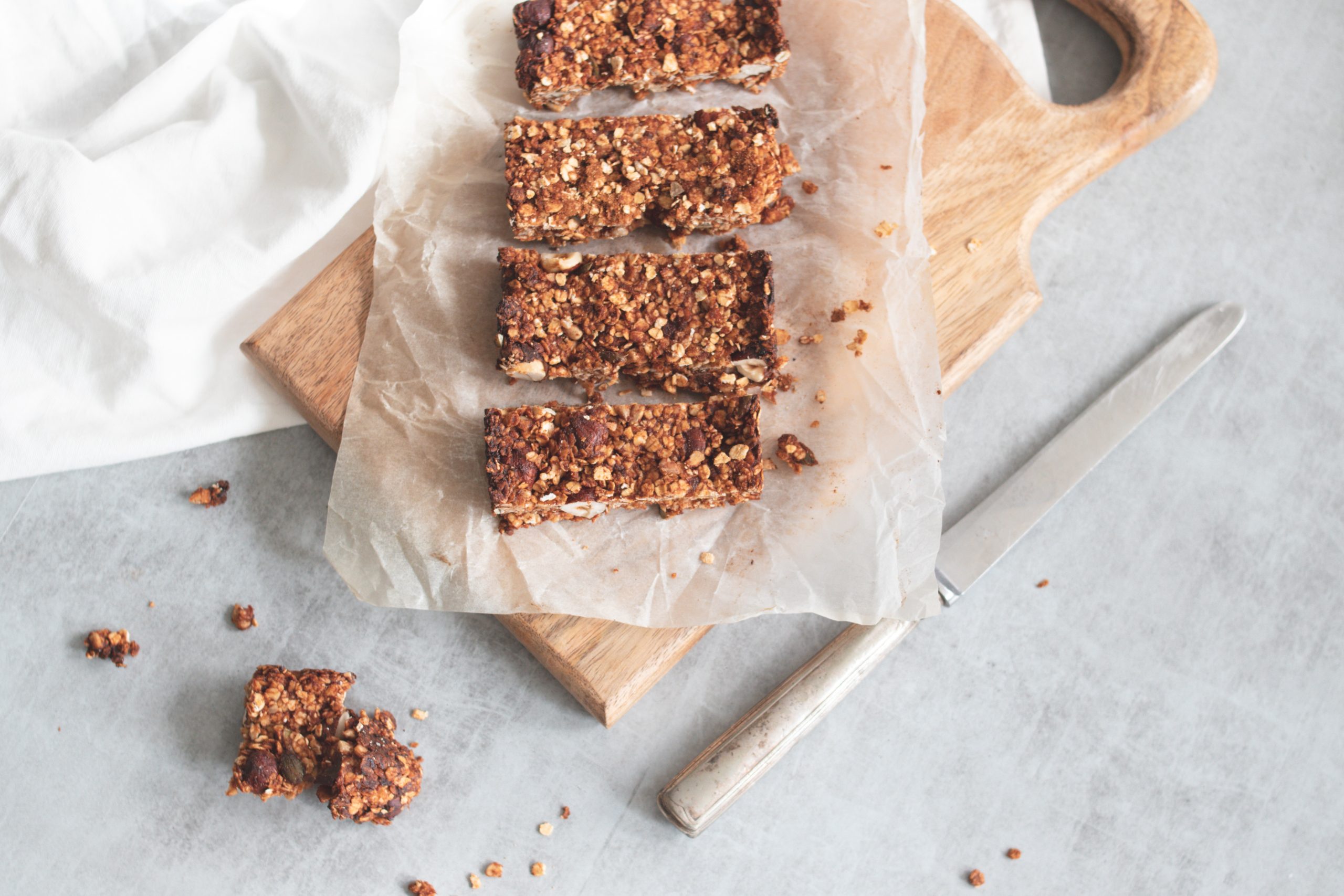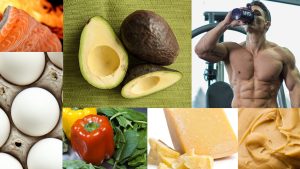
More people are embracing a vegan lifestyle due to a variety of reasons, including health benefits, environmental concerns, and ethical considerations. Adopting a vegan diet means eliminating all animal products from your meals, including meat, dairy, eggs, and honey. While going vegan can be a positive step, it is crucial to ensure your diet covers all the necessary nutrients required for optimal health.
The Importance of Balanced Vegan Nutrition
Just like any other diet, a vegan diet should be nutritionally balanced to supply the body with the nutrients it needs. One common concern regarding veganism is the adequacy of protein intake since animal products are the primary source of complete proteins. However, plant-based protein sources such as legumes, tofu, tempeh, quinoa, and seitan can easily meet protein needs.
Besides protein, other essential nutrients for vegans include iron, calcium, vitamin B12, omega-3 fatty acids, and vitamin D. By incorporating a variety of plant-based foods, it is possible to achieve a well-rounded vegan diet.
Protein Sources for Vegans
Protein is essential for building and repairing tissues, producing enzymes and hormones, and supporting a healthy immune system. While animal products are complete sources of protein, vegans can obtain adequate protein through various plant-based sources. Legumes like lentils, beans, chickpeas, and edamame are excellent protein sources that can be included in soups, stews, and salads. Tofu, tempeh, and soy products are also rich in protein and can be used as meat substitutes.
Additionally, whole grains like quinoa, brown rice, and oatmeal contain considerable amounts of protein. Nuts, seeds, and nut butter are excellent sources of protein and healthy fats. Incorporating a variety of these plant-based sources into your meals ensures adequate protein intake.
Iron, Calcium, and Vitamin B12
Iron is essential for carrying oxygen to the body’s cells and preventing anemia. Plant-based iron sources include legumes, whole grains, green leafy vegetables, nuts, and seeds. Consuming vitamin C-rich foods, such as citrus fruits or bell peppers, alongside iron-rich foods can enhance iron absorption.
Calcium is crucial for maintaining strong bones and teeth. While dairy products are a common calcium source, vegans can obtain it from fortified plant-based milk alternatives, tofu, tempeh, almonds, kale, and broccoli. Include these calcium-rich foods in your meals to meet your daily requirements.
Vitamin B12 is primarily found in animal products, and deficiencies can lead to fatigue and neurological issues. Vegans should consider taking B12 supplements or consuming fortified foods like plant-based milk, breakfast cereals, and nutritional yeast to support their B12 intake.
Omega-3 Fatty Acids and Vitamin D
Omega-3 fatty acids are essential for heart health and brain function. While fish is a common source of omega-3 fatty acids, plant-based sources like chia seeds, flaxseeds, hemp seeds, and walnuts are excellent alternatives. Including these foods in your diet can ensure adequate omega-3 fatty acid intake.
Vitamin D is crucial for bone health and immune function. The primary source of vitamin D is sunlight, but it can be challenging to obtain enough sunlight exposure depending on your location and lifestyle. Vegans should consider consuming fortified plant-based milk, cereals, or supplements to meet their vitamin D requirements.
Supplements for Vegans
In addition to a well-planned diet, some vegans may need to consider taking specific supplements to ensure optimal nutrition. It is advisable to consult with a healthcare professional or registered dietitian to determine if any supplements are necessary based on individual needs.
Common supplements for vegans include vitamin B12, vitamin D, omega-3 fatty acids (DHA and EPA), and iron. These supplements can help fill any nutritional gaps and ensure a well-balanced vegan diet.
Conclusion
A vegan diet can be a healthy and fulfilling choice if you ensure that all essential nutrients are adequately incorporated. By including a wide variety of plant-based foods, such as legumes, whole grains, nuts, and seeds, you can meet your protein, iron, calcium, and omega-3 fatty acid needs. Vitamin B12 and vitamin D can be obtained through fortified sources or supplements, if required. Prioritizing nutrient-dense plant-based foods and considering supplements when necessary will help you maintain a nutritionally balanced vegan lifestyle.

